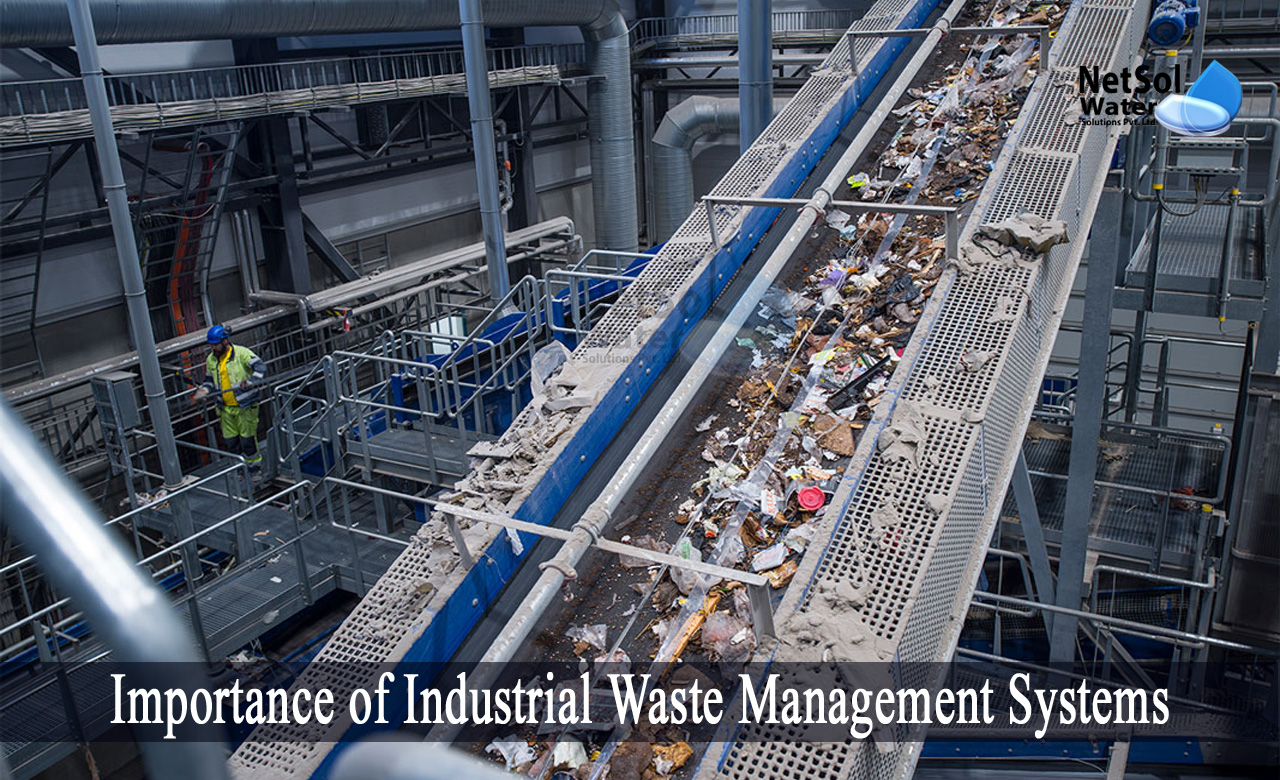The Buzz on Reclaim Waste
The Buzz on Reclaim Waste
Blog Article
The Ultimate Guide To Reclaim Waste
Table of ContentsGetting The Reclaim Waste To Work7 Easy Facts About Reclaim Waste DescribedFascination About Reclaim WasteThe Facts About Reclaim Waste UncoveredNot known Details About Reclaim Waste
Explore the types, occurrences, and forms of liquid waste. Residential sewer waste describes the waste and items from a domestic septic storage tank. This kind of waste is produced by human beings in residences, schools, and other structures. This only consists of septic storage tanks that have a drain field. The proper management and disposal of domestic sewer waste need liquid waste to be moved to a sewage therapy plant where the proper approaches and equipment are related to detoxify and dispose of waste.
Industrial waste usually includes possible hazards, such as flammable materials or a mixture of liquid and strong waste products, and needs an advanced and thorough disposal procedure. The disposal of commercial waste generally involves the purification of waste prior to transportation to make certain safe and proper disposal. Hazardous waste is produced from results and runoff of commercial procedures and production.
This sort of waste can not utilize the same sewer monitoring transportation or processes as septic or commercial fluids. The commercial waste management process needs the assessment and screening of liquid waste before it undertakes the disposal procedure (liquid waste disposal melbourne). Overflow waste is the liquid waste that originates from overflow and excess stormwater in very inhabited areas or cities
Runoff waste can create contamination and flooding if not managed effectively. Ensuring proper waste monitoring can avoid calamities and decrease ecological injury.
The Ultimate Guide To Reclaim Waste
Get in touch with PROS Services today to learn about our waste administration and disposal solutions and the correct means to take care of the liquid waste you create.
(https://www.behance.net/leonaube)Do you recognize what happens to your water when you disengage, purge the toilet or drain the washing maker? No? Well, it's worth understanding. This so-called 'wastewater' is not only a vital resource however, after treatment, will certainly be released to our land, rivers or the sea. Made use of water from bathrooms, showers, bathrooms, kitchen area sinks, laundries and industrial processes is called wastewater.

water used to cool down machinery or clean plant and devices). Stormwater, a form of wastewater, is overflow that moves from agricultural and city locations such as roofing systems, parks, yards, roadways, paths and rain gutters right into stormwater drains pipes, after rainfall. Stormwater flows neglected straight to regional creeks or rivers, eventually getting to the sea.
3 Simple Techniques For Reclaim Waste
In Queensland, many wastewater is dealt with at sewer therapy plants. Wastewater is delivered from residential or commercial websites via a system of drains and pump stations, recognized as sewerage reticulation, to a sewer treatment plant. Regional governments construct, keep and run most sewer treatment plants. Operators are accredited under the Environmental Protection Act 1994 to discharge treated wastewater at an appropriate environmental standard right into rivers.
The Division of Natural Resources encourages local federal governments about managing, operating and preserving sewerage systems and treatment plants. In unsewered locations, Recommended Reading city governments might require homeowners to install private or home sewage treatment systems to deal with domestic wastewater from bathrooms, kitchen areas, bathrooms and laundries. The Department of Natural Resources authorizes the use of home systems when they are verified to be reliable.
The majority of stormwater gets no treatment. In some new subdivisions, therapy of some stormwater to remove clutter, sand and crushed rock has begun using gross pollutant catches. Wastewater treatment takes place in 4 stages: Removes strong matter. Bigger solids, such as plastics and various other items incorrectly released to sewage systems, are eliminated when wastewater is passed via screens.
Wastewater then flows into huge containers where solids work out and are removed as sludge. Oil and residue are skimmed from the surface. Uses little living organisms called micro-organisms to break down and remove continuing to be liquified wastes and great bits. Micro-organisms and wastes are integrated in the sludge. Gets rid of nitrogen and phosphorus nutrients that could create algal blossoms in our waterways and intimidate aquatic life.
Reclaim Waste Fundamentals Explained
Nutrient elimination is not readily available at all sewer therapy plants since it requires expensive specialised equipment. Clear fluid effluent generated after treatment might still include disease-causing micro-organisms - liquid waste removal.

This typically implies wastewater needs to be treated or pollutants eliminated before it can be released to rivers. The majority of wastewater streams into the sewage system. Under the Act, city governments carry out approvals and licences for ecologically pertinent tasks (ERAs) including wastewater releases that may have a local effect. The department administers authorizations and permits to Periods including wastewater launches that may have a local or statewide impact.
Some Ideas on Reclaim Waste You Need To Know
Surveillance provides valid details about water top quality and can verify that licence conditions are being met. The details obtained through surveillance supplies the basis for making water quality decisions.
Report this page